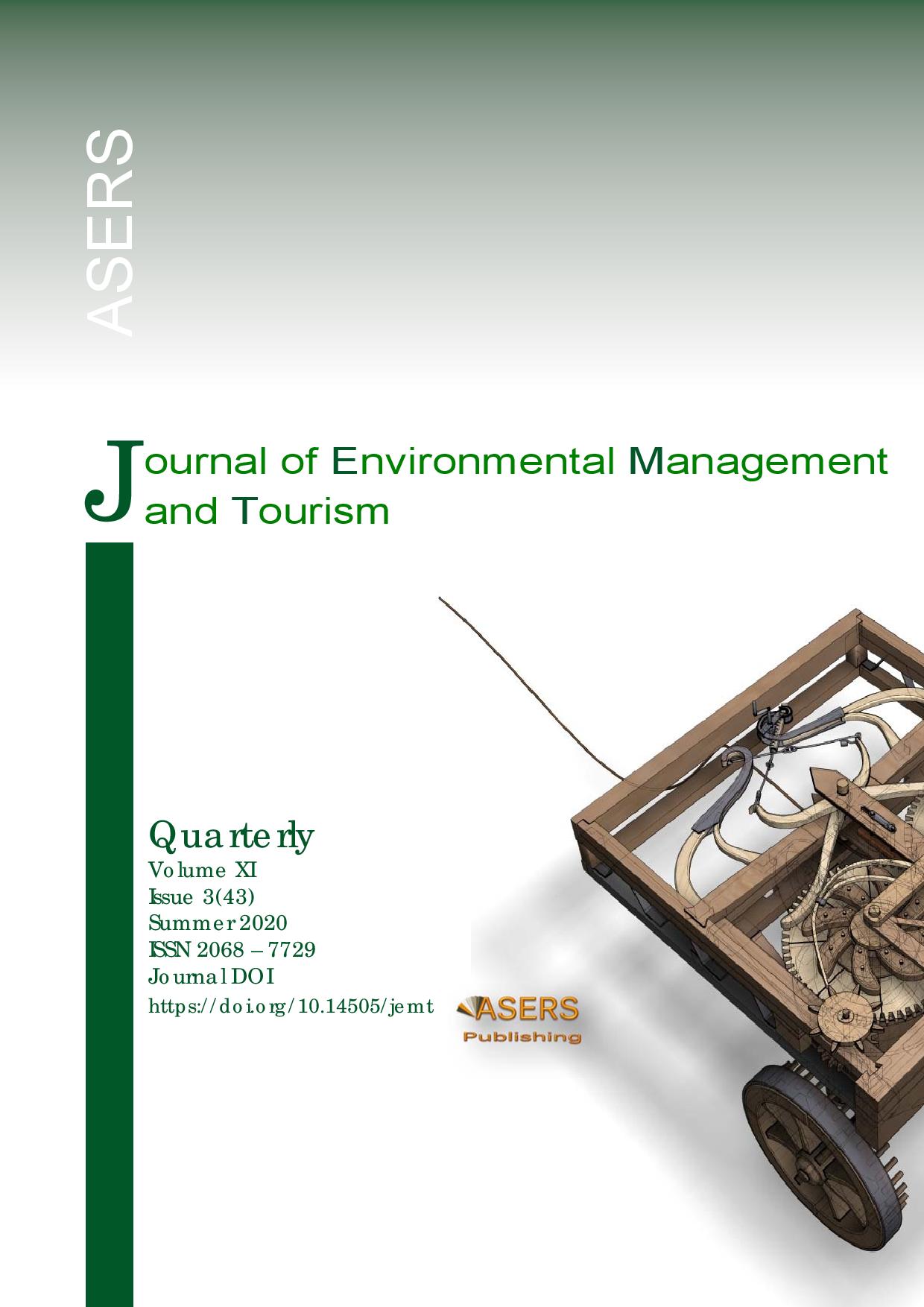Tourism, Poverty and Carbon Emissions in Newly Industrialized Countries
Tourism, Poverty and Carbon Emissions in Newly Industrialized Countries
Author(s): Rufaro Garidzirai, Clement MoyoSubject(s): Economy, Supranational / Global Economy, Energy and Environmental Studies, Tourism
Published by: ASERS Publishing
Keywords: poverty; tourism; carbon emission; newly industrialised countries; panel data;
Summary/Abstract: Poverty has become one of the major concerns in Newly Industrialized Countries (NIC). NIC are shifting from primary sectors to modern sectors, such as tourism, which are envisaged to improve economic growth, employment and eventually minimize poverty. On the other hand, the sector is likely to cause carbon emission, a factor which has created several debates in academic research. To contribute to this academic research, the study examines the effect of tourism on poverty and carbon emissions in NIC. To achieve this purpose, the study employs the Pooled Mean Group model from 1995-2017. Two regression models are used namely: the poverty and carbon emission models. The poverty model reveals that tourism activities promote poverty alleviation both in the short-run and long-run. On the other hand, the carbon emission model suggests that tourism activities contribute positively to carbon emissions in the long run. Furthermore, the results suggest that tourism activities may have a larger effect on carbon emission over the long-term. Based on the results, the study therefore recommends the introduction of measures to accelerate sustainable tourism which will strike a balance between the current as well the future impact of tourism activities.
Journal: Journal of Environmental Management and Tourism (JEMT)
- Issue Year: XI/2020
- Issue No: 03 (43)
- Page Range: 653-668
- Page Count: 16
- Language: English
- Content File-PDF

